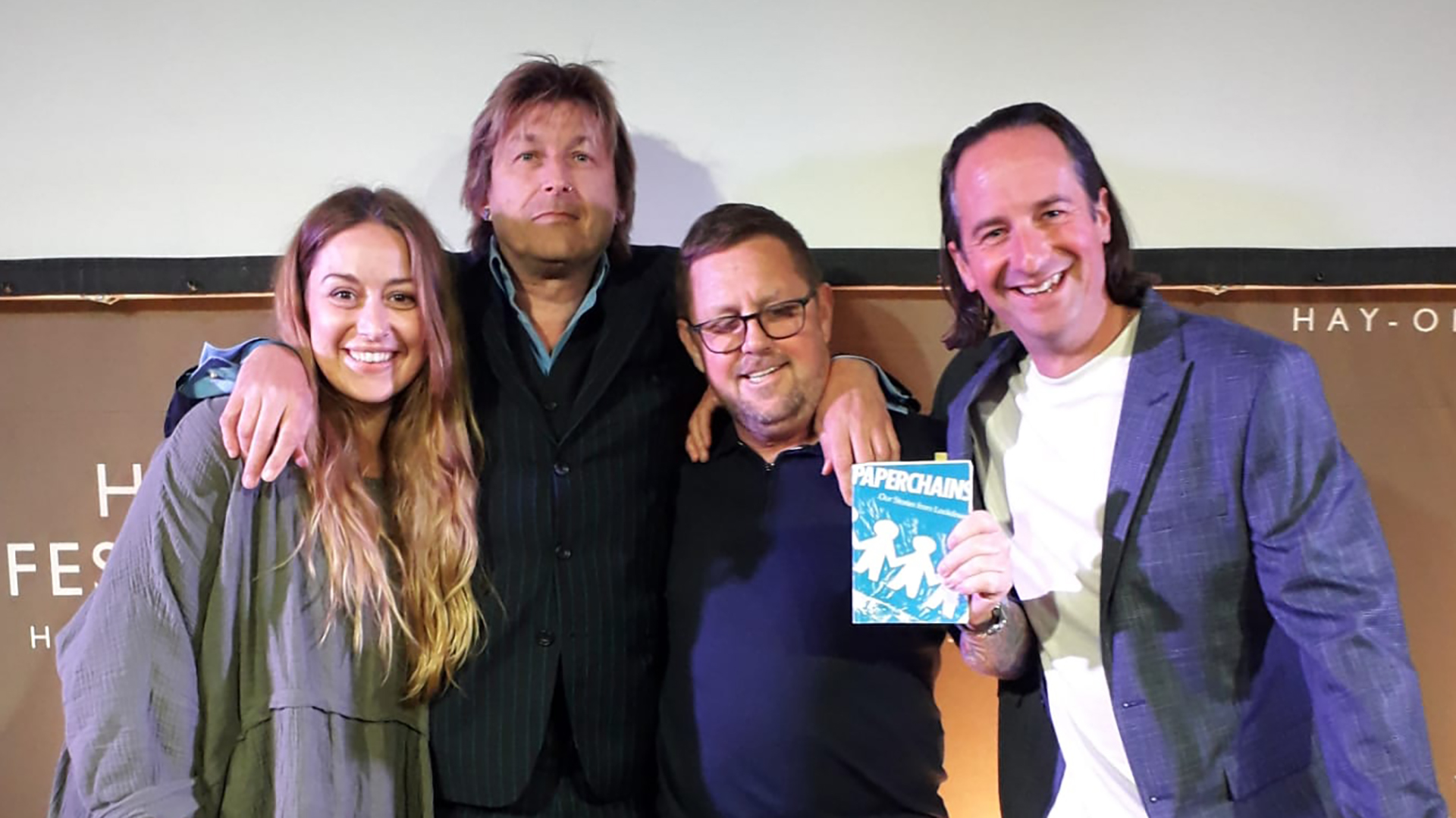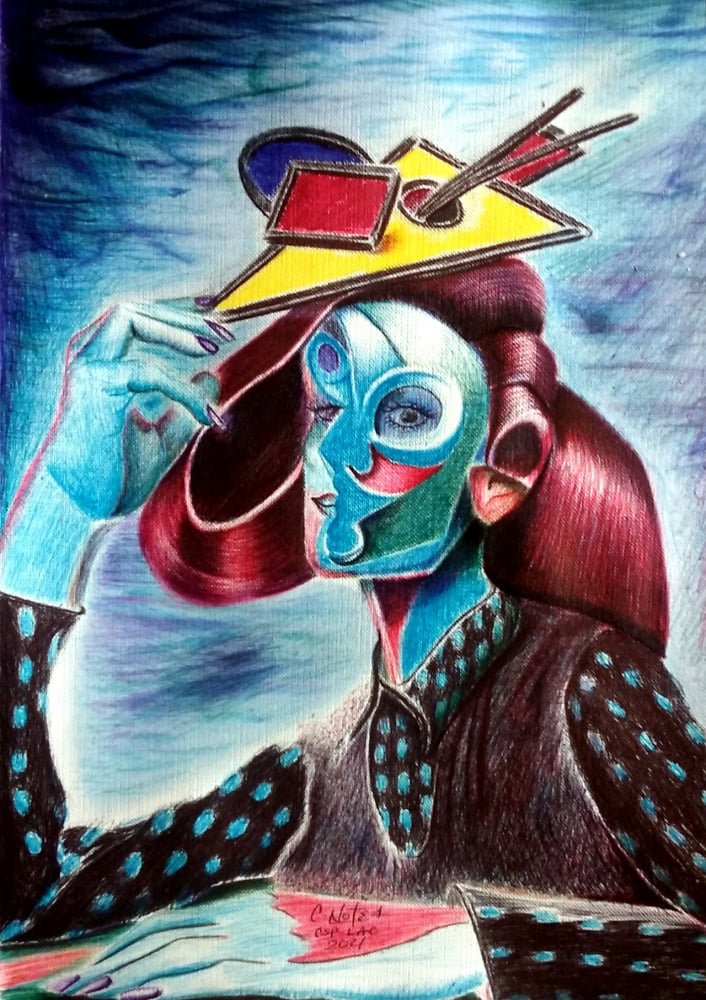
Big Issue is demanding an end to poverty this general election. Will you sign our open letter to party leaders?
This led to a second collaboration with the Trust, Books Unlocked, which provides prisoners with copies of a Booker Prize shortlisted or longlisted title to read, discuss and keep. He selected Pigeon English by Stephen Kelman because he “felt the subject matter would resonate”.
But he “faced many, many obstacles, including the group itself – these lads didn’t know one another. There was a lot of tension sometimes, so the early sessions were very much me building trust. I just read to them for the first two sessions, gave them plenty of coffee and biscuits. And by about the third day, they were absolutely hooked, and all of a sudden, one of the lads said, ‘I’ll read for a bit,’ so I sat back, and after that, I probably never read another page.”
Following the success of the project, Kelman visited the prison. “It felt like that was a way of breaking down those walls,” Smith says. “If we’re going to work towards helping to reduce reoffending, people have got to reintegrate into the community and feel like they’re part of it and valued.”
According to the National Literacy Trust, around two-thirds of the roughly 80,000 people in custody in England and Wales have the literacy skills expected of an 11-year-old. This is over four times higher than in the general population. And 47% of prisoners have no educational qualifications at all.
Prison libraries play an integral part in the teaching of literacy and functional skills that are requirements to most careers and daily life. Learning to read can reduce stress and vulnerability, improve resilience, self-confidence and future prospects.
A 2017 Ministry of Justice report shows that prisoners who took part in educational activity were 9% less
likely to re-offend compared to non-library users.
Amid ongoing cuts to prison and library services, Smith’s work is vital. “People in prison need to see the impact of the decisions they’ve made, and they can explore through art, through music, through reading,” he says. “That’s where mindsets can change.”
Do you have a story to tell or opinions to share about this? Get in touch and tell us more. Big Issue exists to give homeless and marginalised people the opportunity to earn an income. To support our work buy a copy of the magazine or get the app from the App Store or Google Play.
This post was originally published on this site be sure to check out more of their content.








